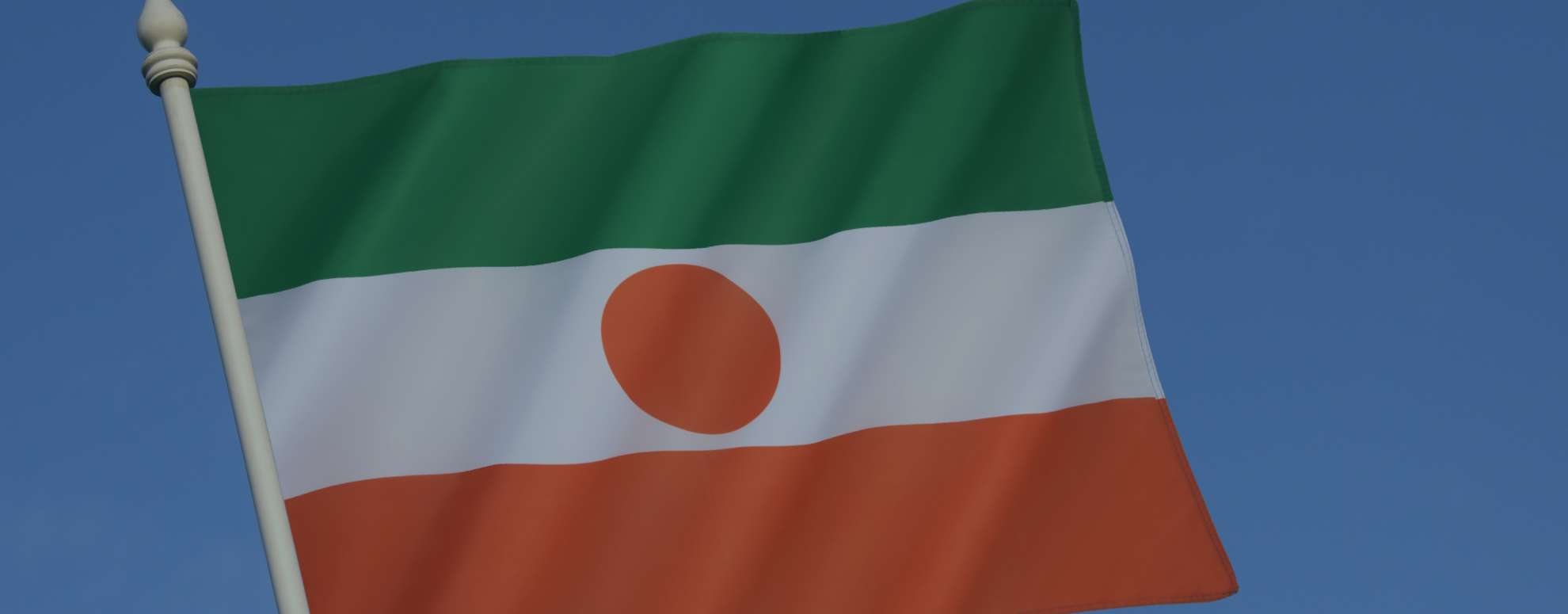Evacuations from High-Risk Locations Call +44 (0)1202 308810 or Contact Us →
Attempted coup in Niger July 2023

Summary of Attempted Coup in Niger
On the morning of 26 July, multiple domestic and regional sources reported that a potential coup was underway in Niamey, Niger. Early indications suggested that the Presidential Guard had blocked the entrance to the Presidential Palace, and detained President Mohamed Bazoum. Concurrently, government ministries next to the palace were blockaded, with those inside, including the Minister of the Interior, detained.
By early afternoon, the Niger Armed Forces (FAN) and National Guard had both deployed in the vicinity of the Presidential Palace. The FAN and the Presidential office both released statements asserting that the ongoing coup attempt was being driven by “anti-republican” elements and gave the Presidential Guard an “ultimatum” to stand down and release President Bazoum, or face being attacked. Unverified social media reports have subsequently described armoured FAN columns entering Niamey. Further unverified reports later emerged of roadblocks appearing across the city.
The conditions in Niamey remained calm initially, however, as the situation developed businesses were reputedly told to close and residents were ordered to stay at home. Operations at Diori Hamani International Airport currently remain unaffected, with flight tracking data showing that both inbound and outbound flights were operating as normal.
Recent Instability in Western Africa
Since 2020, several coups have taken place across the Sahel region, most notably in neighbouring Mali and Burkina Faso. The key driver for instability has been the inability of central governments to guarantee internal security from a myriad of insurgencies and terrorist actors. Niger has been increasingly afflicted by the instability affecting the wider region. In the southeast, Niger is battling incursions from Boko Haram and in the west of the country, the government is attempting to contain threats from Islamic State’s Sahel Province.
Due to the external and internal threats posed by these actors, Niger has become a major operating base for Western nations in the region. Indeed, both France and the USA utilise the country as a base for operations in the wider Sahel.
This relationship has grown in significance for Western governments as relations with other states in the region, such as Mali and Burkina Faso, have broken down in the wake of their own respective coups, leading to the expulsion of French forces.
Further strengthening this relationship is the fact that Niger’s President was democratically elected in 2021 and is one of the region’s few remaining democratically elected heads of state. However, in February 2023 protests erupted in the capital, Niamey, with demonstrators expressing their dissatisfaction with a sustained French military presence in the country, with many believing that the foreign presence was either ineffective or had exacerbated security concerns.
Find further analysis on political instability in West Africa
Situation Analysis by Solace Global
At the time of writing, there has been no official statement from Presidential Guard. However, given the recent regional trends, it is highly likely that this attempted coup has transpired due to concerns regarding the deteriorating security of Niger.
This is further evidenced by the fact that the Presidential Guard has also apprehended the Minister of the Interior, who is the person ultimately responsible for policing and internal security in Niger. The recent uptick in attacks near the borders with Burkina Faso and Mali likely provided the catalyst for the current situation.
As the situation develops, it is almost certain that key transport routes and critical locations across Niamey will be seized by rival forces. This will include Niamey’s key river crossings, which connect the main part of the city on the eastern bank of the Niger River to its western parts, the international airport, and state TV and radio offices. At the time of writing, it is believed that President Mohamed Bazoum remains in detention.
The success of the ongoing attempted coup remains to be seen. Initial signs suggest that the FAN and National Guard have remained loyal to President Bazoum and are willing to fight. If this remains the case, it is unlikely that the coup succeeds due to the disparity in military firepower between the two sides. This result would ultimately see the Presidential Guard purged.
However, should the coup succeed, civil unrest, both in favour and against, will highly likely occur. A transitional military council will likely take over the government and immediately revise the stationing of foreign militaries in Niger. The removal of the last remaining Western forces in the region will likely create a security vacuum, that will almost certainly benefit the insurgencies and terrorist groups in Niger and the wider region.
